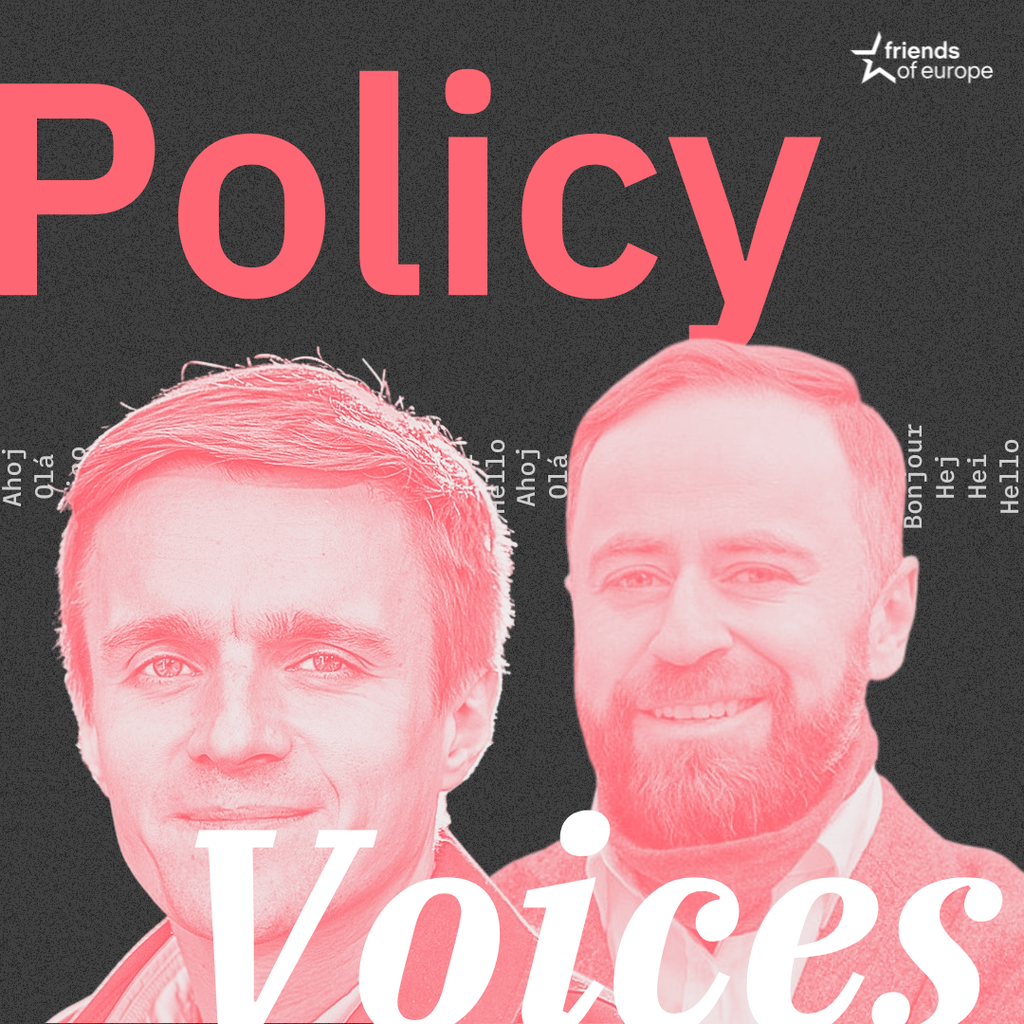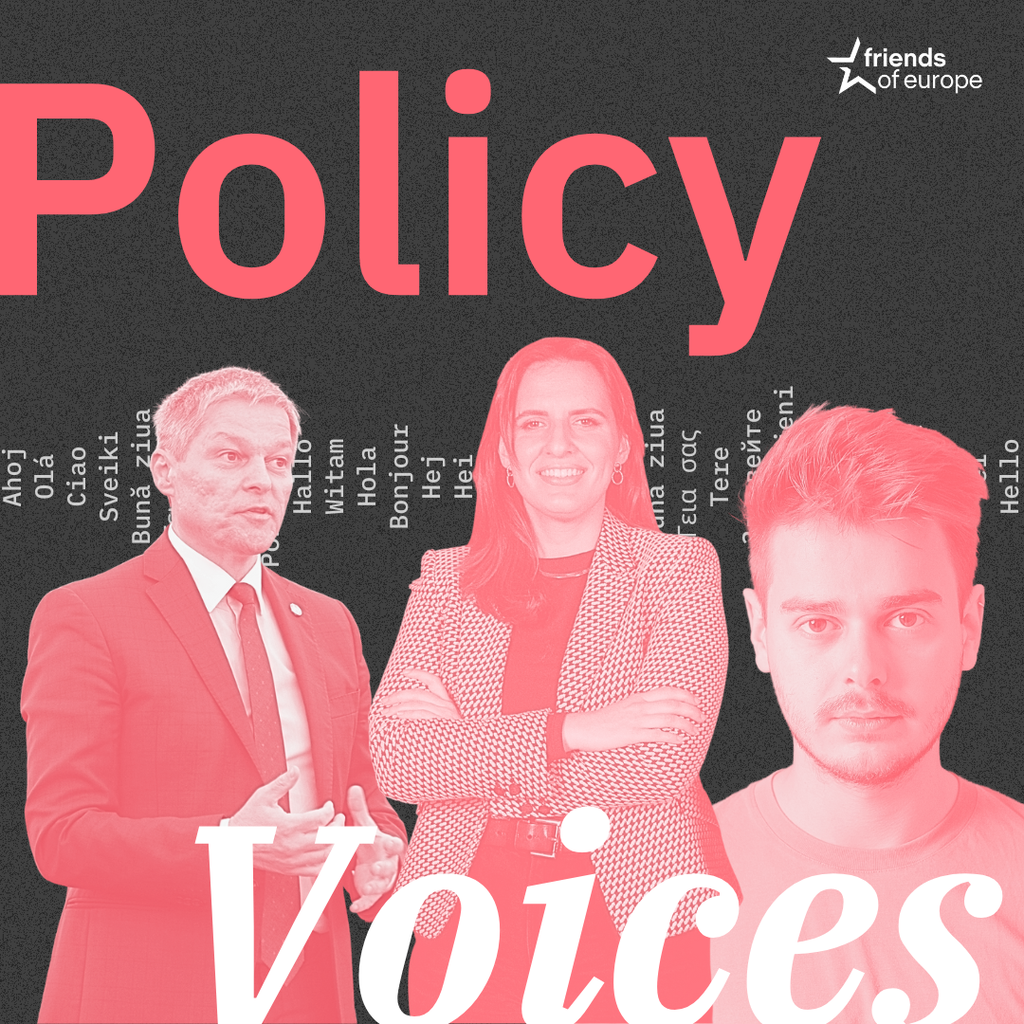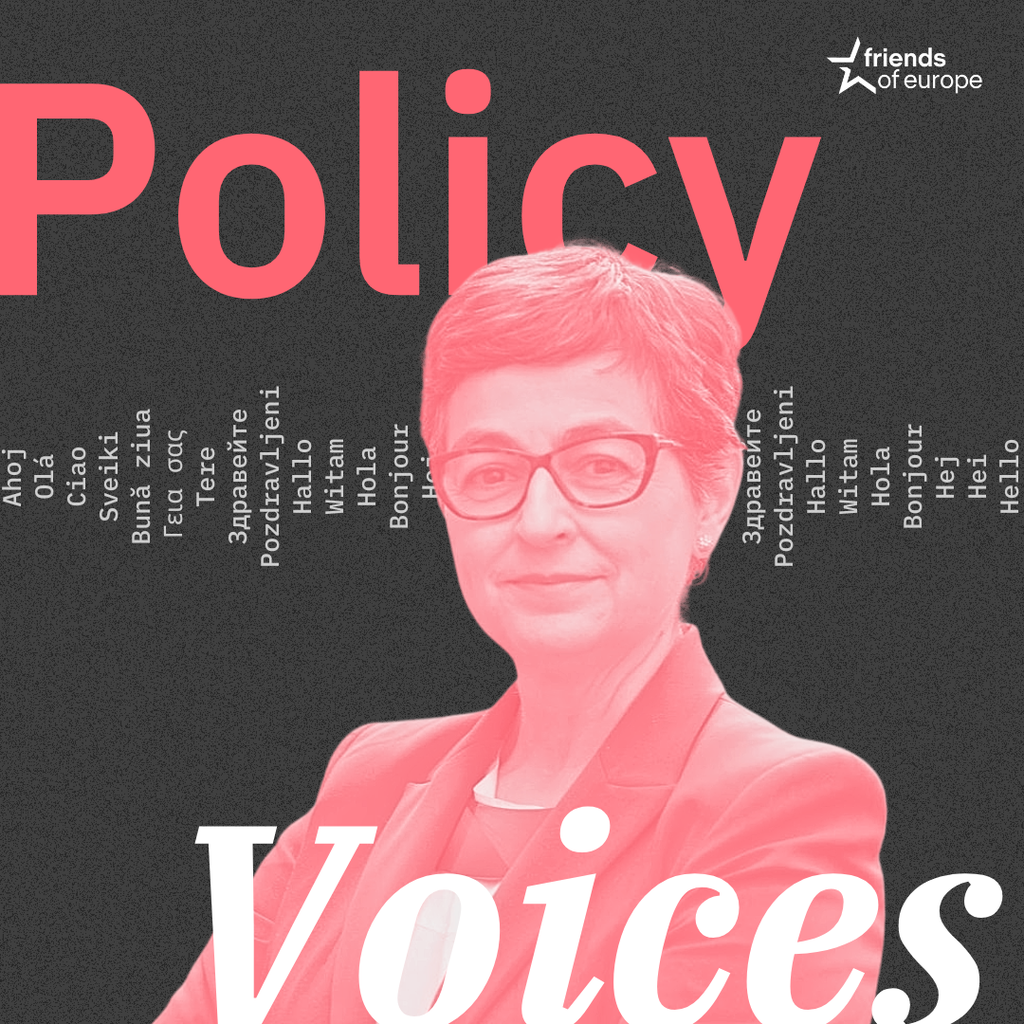Polarisation, disinformation, trust: do young French people think like…
Past event In person

- Area of Expertise
- Democracy
Democracy

Founder of Friends of Europe
Giles Merritt reports on how tax reforms to pay for ageing Europe’s snowballing social costs could confound populist parties’ growing appeal.
Europeans this year hold nine parliamentary elections and eight presidential ones, counting Russia’s. But instead of a celebration of democracy, these elections are alarming mainstream politicians because populists look set to reap the greatest rewards. Incumbent parties seem frozen like deer caught in the headlights.
Voters will many of them be profoundly confused when they go to the polls. Identity politics and culture wars are bewilderingly mixed with economic questions, and it’s far from certain that the more serious issues will win out. Ideological battles between far-right extremists and their ‘woke’ rivals are eclipsing policy choices that could determine Europeans’ living standards for decades to come.
Many voters are switching their allegiance to populist parties because several decades of low growth have depressed wages and are limiting younger people’s opportunities. Populists focus on these grievances and also exploit the bogeyman of immigration. Ageing Europe in fact needs the migrants’ manpower, but that argument hasn’t overcome deeply-held prejudices that newcomers “steal jobs” and threaten Europe’s centuries-old national cultures.
Mainstream politicians’ greatest weakness has been their failure to highlight the price of the populists’ nationalism.
Rather than make political capital out of populists’ rejection of common policies to address EU-wide problems, some have even endorsed elements of euro-scepticism.
Centre-right and centre-left parties instead must concentrate on how to address Europe’s structural difficulties. The most effective way is through taxation. We need huge increases in governments’ tax revenues up to mid-century, but nothing will be achieved until radical reforms make taxation fairer and more efficient.
Europe’s ageing is already beginning to place unbearable pressures on most EU countries’ tax arrangements. Fast-rising pension and healthcare costs will within a few years absorb a third of Member States’ GDPs, yet their tax bases have begun to shrink.
The EU’s active labour force will be almost a quarter smaller by 2050, thanks to lower birthrates since the 1990s. This alarming reduction in tax-paying workers is predicated, too, on immigration remaining at its present rate. If anti-migration populists were to have their way and erect higher barriers, Europe’s economic outlook would be far worse.
So how to bridge the shortfall between governments’ needs and their revenues? The answer is for tax collecting authorities to go for the more difficult sources of revenue rather than squeeze the easy ones harder. What taxmen have in common is that they target wage earners and smaller businesses but neglect potentially more lucrative sources like wealthy individuals and globally mobile corporations.
Shifting their sights to these more difficult targets is hindered by the underfunding of a good many of Europe’s national tax authorities. They simply lack the resources and manpower to widen their inspections. Nevertheless, if the political will was there they could crack down on the more obvious tax avoiders. Independent experts at the European Tax Observatory, for example, reckon the EU’s largest banks report income in dubious ways that avoid corporation taxes on a quarter of their profits.
Shaking up taxation on sources ranging from property to inheritances, and from offshore holdings to plain money laundering, is fraught with political dangers.
So too would be measures to recover the trillion euros a year that EU governments are estimated to lose to illicit tax dodging. In almost all these cases, the solution is much closer intra-EU tax cooperation and information sharing.
The European Commission is trying to address this, but so far with limited success. In 2020 it unveiled a 25-point ‘fair and simple’ plan, and last year proposed a common withholding tax on earnings and a single EU corporate tax rulebook. Oxfam perhaps spoke for many critics when it described this as “a reshuffle of outdated rules that left most loopholes open for companies, giving them a free pass to siphon off their profits to tax havens”.
Bringing Europe’s looming tax crisis into the open could do much in the coming years to stymie the spread of populism. That would, however, require mainstream political parties to abandon their double-standards on tax policies. They must drop the opposition to cross-border tax collaboration they’ve long justified with the excuse of ‘fiscal sovereignty’, and they must scrap the legal ambiguities that permit taxation of the wealthy to be so lax.
This concludes a two-part article on ‘Defeating Populism’. The first part appeared on 27 February, find out more here.
Past event In person

Past event In person - Prato, Italy

Past event In person

Past event In person, Berlin





Stay informed
We use cookies and similar technologies to adjust your preferences, analyze traffic and measure the effectiveness of our campaigns. Learn more about our privacy policy.